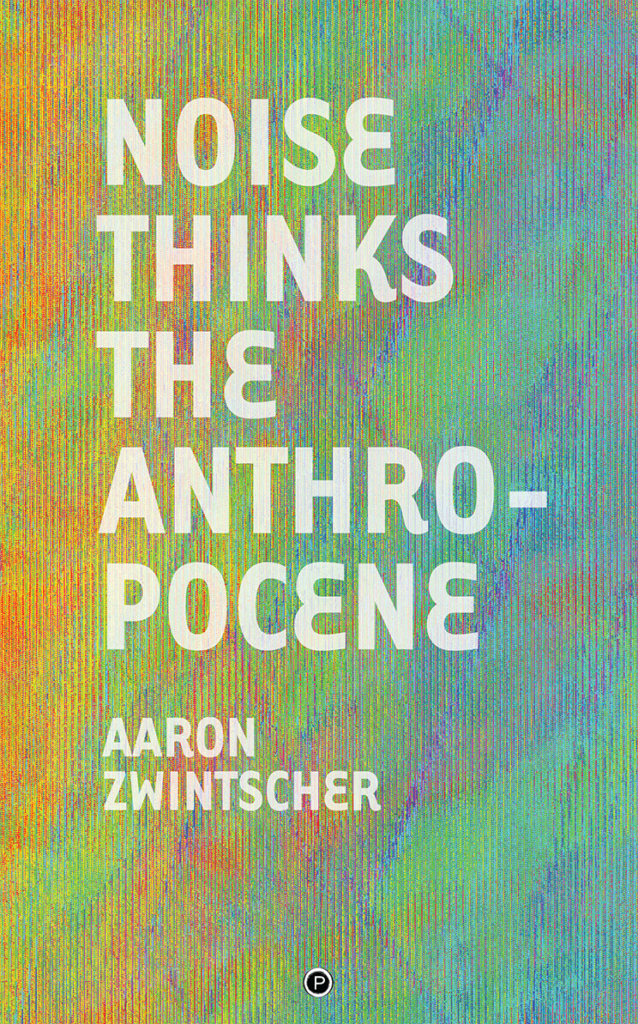In an increasingly technologized and connected world, it seems as if noise must be increasing. Noise, however, is a complicated term with a complicated history. Noise can be traced through structures of power, theories of knowledge, communication, and scientific practice, as well as through questions of art, sound, and music. Thus, rather than assume that it must be increasing, this work has focused on better understanding the various ways that noise is defined, what that noise can do, and how we can use noise as a strategically political tactic.
How do I introduce this work, this textual assemblage infected with audiovisual distractions, this machine abandoned to run down in a barren desert? Perhaps it is best if I begin with a disavowal: this is not mine, I did not write it, this is a work and performance of noise/art/theory. That is melodramatic but not far off the point. This text is, in simplest terms, an assemblage of quotations from theory, fiction, poetry, criticism, and other disparate noise works that I had, after sprawling and digressive reading and research, ready to hand, cut up and remixed with my own arguments on noise and my own audiovisual noise art. I thus did not write it, but rather wrote with it, improvised over its changes. It exists as an effort to establish a noise theory and create a work of that noise theory that is itself noisy.
Noise Thinks the Anthropocene is a textual experiment in noise poetics that uses the growing body of research into noise as source material. It is an experiment in that it results from indeterminate means, alternative grammar, and experimental thinking. The outcome was not predetermined. It uses noise to explain, elucidate, and evoke (akin to other poetic forms) within the textual milieu in a manner that seeks to be less determinate and more improvisational than conventional writing. Noise Thinks the Anthropocene argues that noise poetics is a necessary form for addressing political inequality, coexistence with the (nonhuman) other, the ecological crisis, and sustainability because it approaches these issues as a system of interconnected fragments and excesses and thus has the potential to reach or envision solutions in novel ways.


One thought on “Noise Thinks the Anthropocene: An Experiment in Noise Poetics”